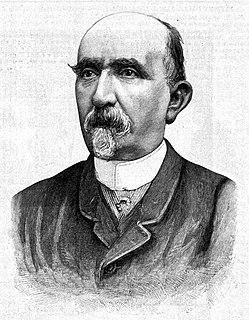A Quote by William Cowper
But poverty, with most who whimper forth
Their long complaints, is self-inflicted woe;
The effect of laziness, or sottish write.
Related Quotes
Of one thing I am sure. Complaining is self-perpetuating and counterproductive. Whenever I express my complaints in the hope of evoking pity and receiving the satisfaction I so much desire, the result is always the opposite of what I tried to get. A complainer is hard to live with, and very few people know how to respond to the complaints made by a self-rejecting person. The tragedy is that, often, the complaint, once expressed, leads to that which is most feared: further rejection.
Not write what you know, but know what you write. If you write about a world before, after, or other than this one, enter that world completely. Search it to find your deepest longings and most terrible fears. Let imagination carry you as far as it may, as long as you recount the voyage with excitement and wonder. But this is the most important rule: write the book you most long to read.
Woe to him whom this world charms from Gospel duty. Woe to him who seeks to pour oil upon the waters when God has brewed them into a gale. Woe to him who seeks to please rather than to appal. Woe to him whose good name is more to him than goodness. Woe to him who, in this world, courts not dishonor! Woe to him who would not be true, even though to be false were salvation. Yea, woe to him who, as the great Pilot Paul has it, while preaching to others is himself a castaway.
People everywhere brag and whimper about the woes of their early years, but nothing can compare with the Irish version: the poverty; the shiftless loquacious father; the pious defeated mother moaning by the fire; pompous priests; bullying school masters; the English and the terrible things they did to us for eight hundred long years. Above all -- we were wet.
Song in the Manner of Housman" O woe, woe, People are born and die, We also shall be dead pretty soon Therefore let us act as if we were dead already. The bird sits on the hawthorn tree But he dies also, presently. Some lads get hung, and some get shot. Woeful is this human lot. Woe! woe, etcetera.... London is a woeful place, Shropshire is much pleasanter. Then let us smile a little space Upon fond nature's morbid grace. Oh, Woe, woe, woe, etcetera.






































